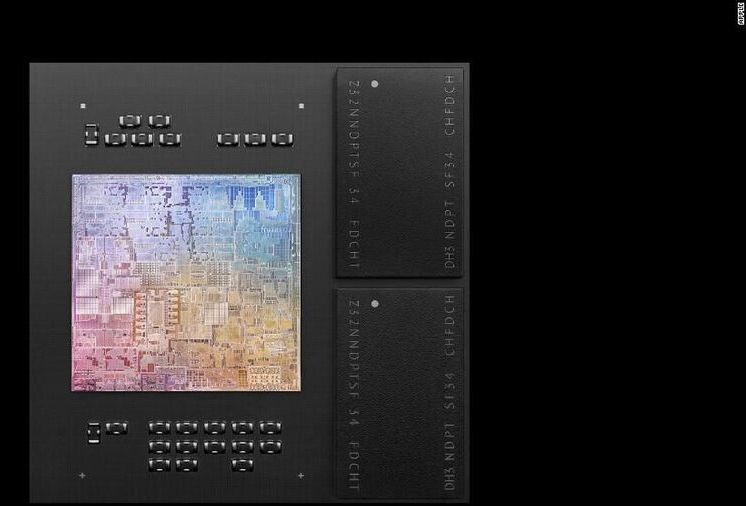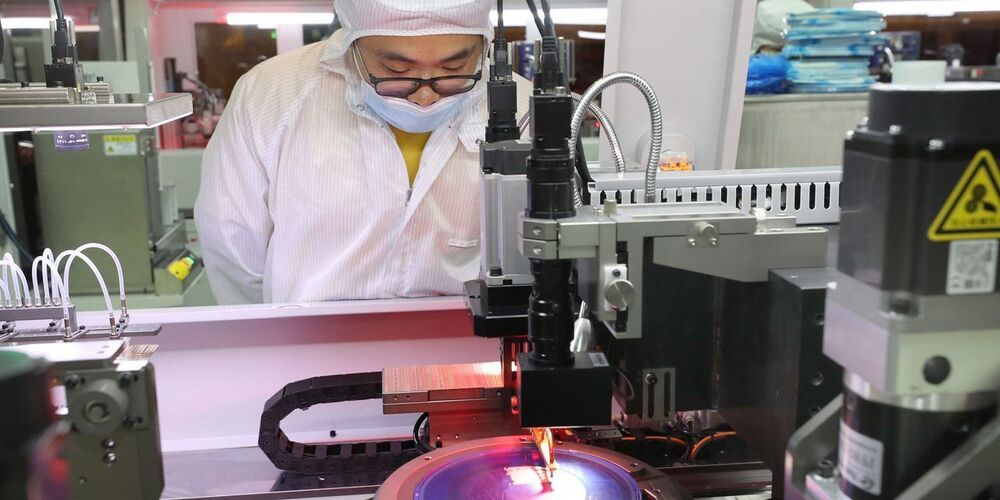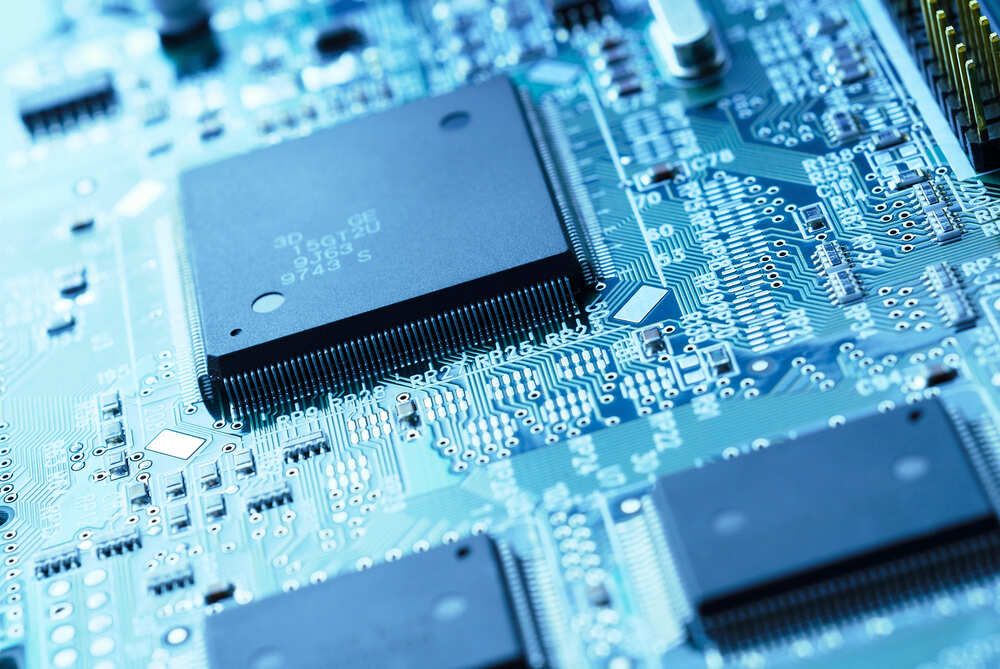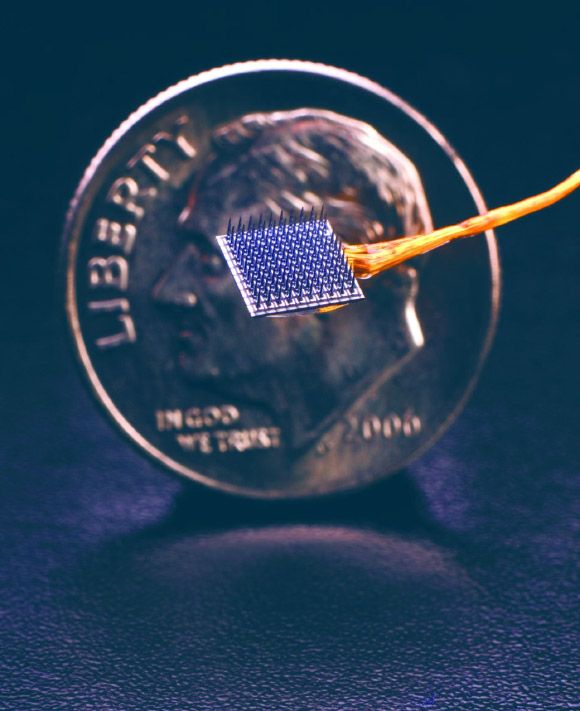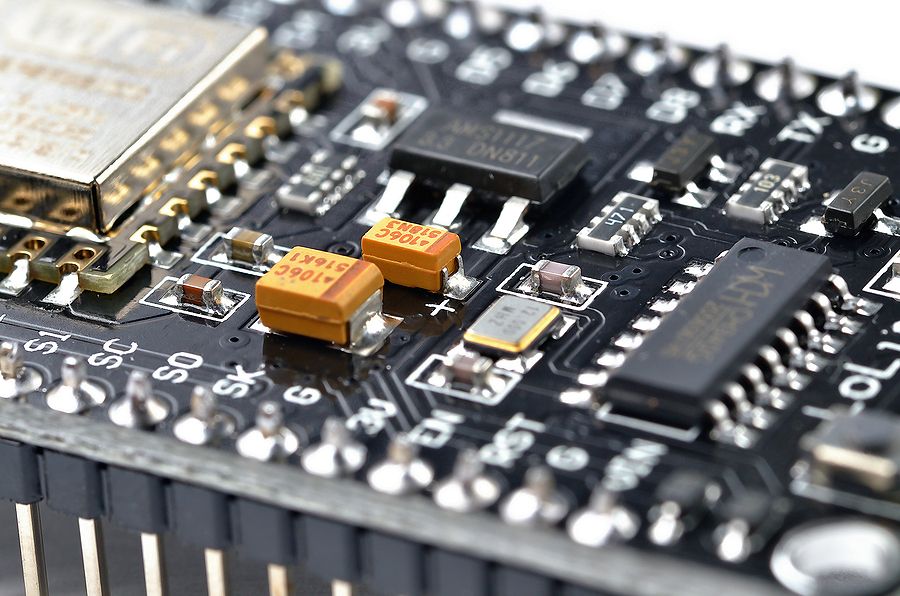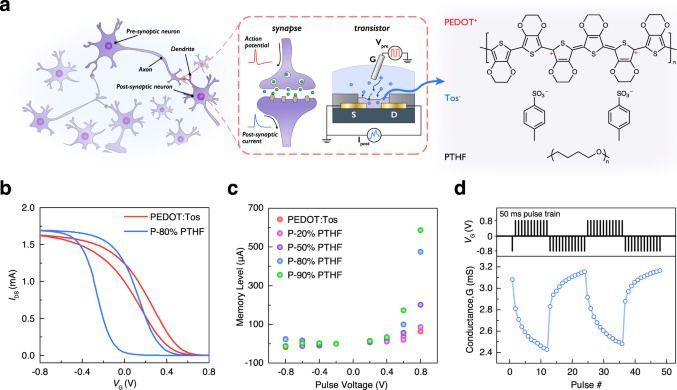Early in the testing phase of Apple’s M1 chipset, a milestone new product for the company, the processor was installed in a batch of Mac computers and given to staffers working on applications that demanded heavy processing power. It was a pivotal moment: the first time Apple had made its own chip for any of its computers, shifting away from years of using a one-size-fits-all option from Intel.
After multiple teams tested the devices for a few hours while working on tasks, they reported lightning-fast performance but nearly all flagged an apparent problem. The MacBook Pro’s battery indicator, featured on the upper right hand corner of the computers, was broken. It had barely moved despite running power-hungry programs, the company told CNN Business.
The gag, of course, is that the battery indicator was working just fine. The M1 chip was so efficient, according to Apple, that it showed no real strain — one of several major selling points for products that now carry the chip. (Apple promises 20 hours of battery life for its 13-inch M1 MacBook Pro — what it says is the longest battery in any Mac to date).
